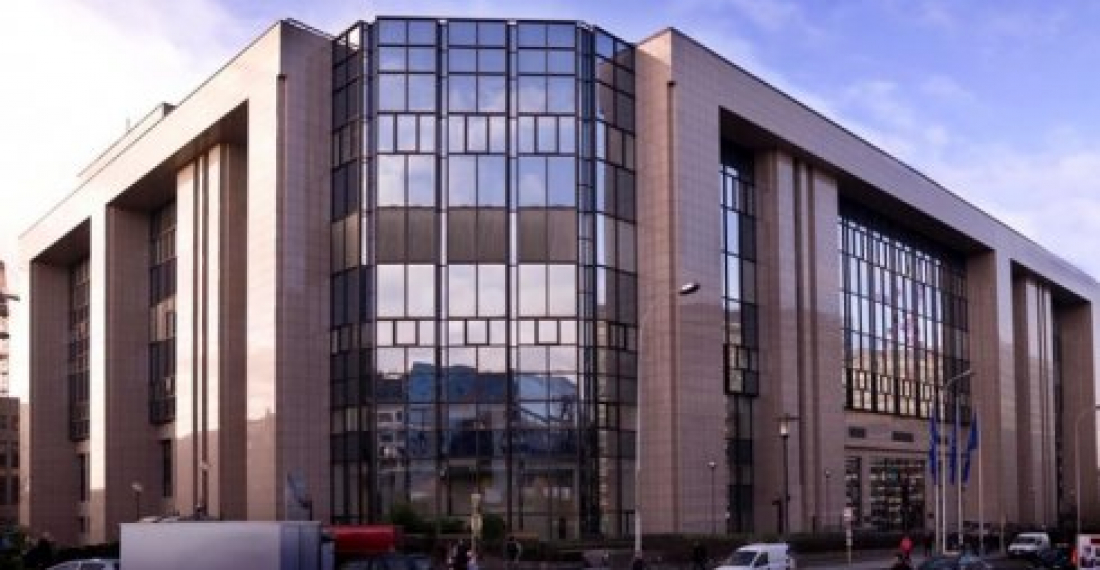At a meeting of EU Foreign Affairs Council held in Brussels on Monday, Foreign Ministers of the 28 member states reafirmed their committment to the Eastern neighbours.
In a statement at the end of the day's proceedings, it was stated that
The Council reaffirms the high importance it attaches to the Eastern Partnership, as a specific dimension of the European Neighbourhood Policy (ENP), offering close political association and economic integration with the EU and tangible results to citizens. The Council recalls that the Eastern Partnership is based on a shared commitment to international law and fundamental values, including democracy, the rule of law, respect for human rights, fundamental freedoms and gender equality, as well as to market economy, sustainable development and good governance.
You can read the statement of the EU Foreign Affairs Council on the Eastern Partnership here
With regards to the South Caucasus, the Council welcomed "progress in negotiations of a new framework agreement with Armenia and recalls its decision to authorize the opening of negotiations on a new comprehensive agreement with Azerbaijan, both of which should provide a solid basis for long-term relations with these countries".
The Council underlined "the importance of a timely finalisation of the decision making processes required for visa liberalisation for both Georgia and Ukraine".
On the issue of the unresolved conflicts in the eastern Partnership region, the Council called "for renewed efforts to promote the peaceful settlement of conflicts in the region on the basis of the principles and norms of international law. The resolution of conflicts, building trust and good neighbourly relations are essential to economic and social development and cooperation. The EU remains committed in its support to the territorial integrity, independence and sovereignty of all its partners. The Council recalls the EU's role in conflict resolution and confidence building efforts in support of the existing agreed formats and processes."
The next summit with the Eastern Partnership countries is scheduled to be held in Brussels in November 2017.
Source: commonspace.eu
photo: The Justus Lipsius Building which houses the Council of the European Union in Brussels.







